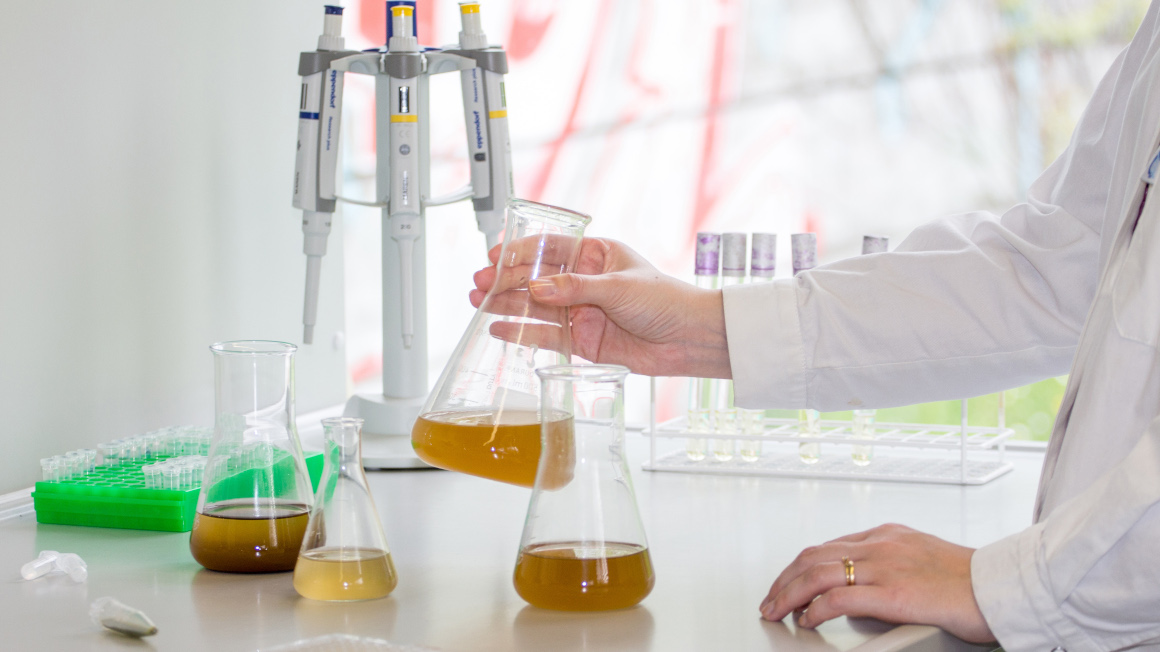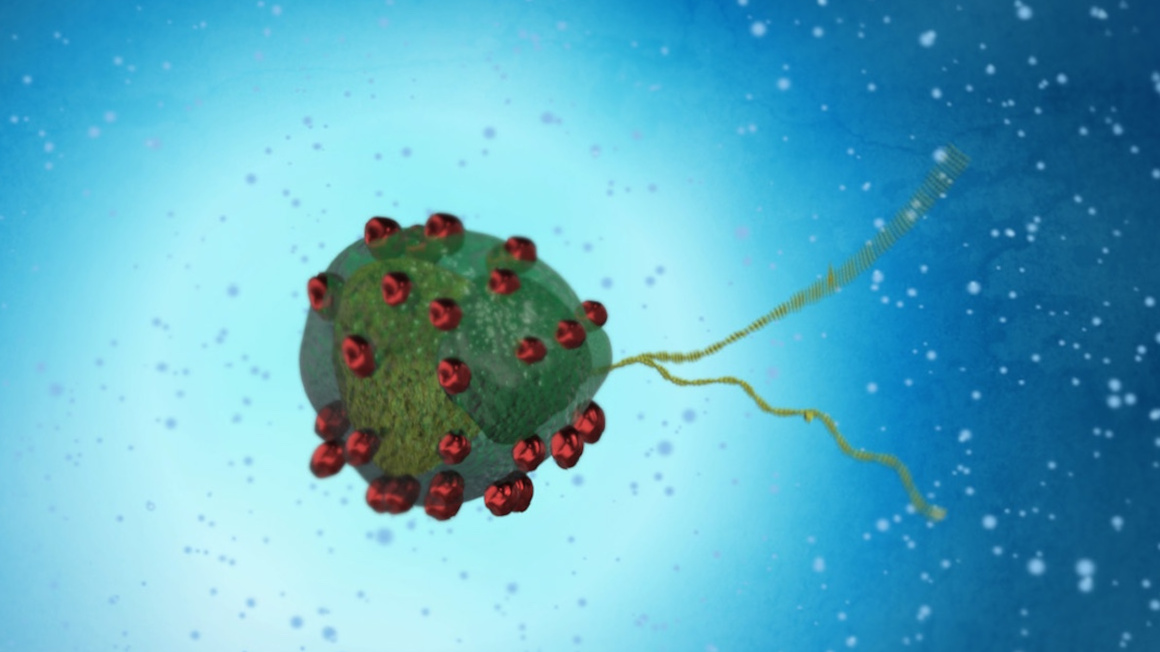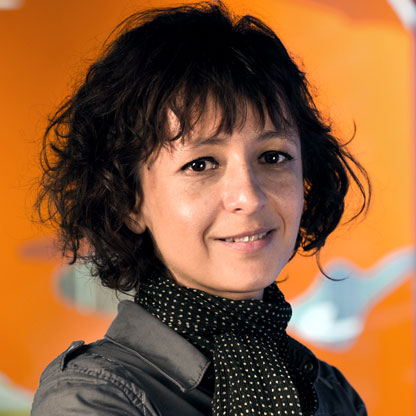Antibodies from diatoms for diagnostics
The start-up Phaeosynt from Hanover wants to develop a pregnancy test with antibodies from diatoms. The team is being funded by the German Federal Environmental Foundation.

So-called antigen tests have been common knowledge since the coronavirus pandemic at the latest. They have long been used in medical diagnostics to detect certain viruses in saliva, blood or urine. However, the antibodies required for this are largely derived from animal cells or living animals. Now the Hanover-based start-up Phaeosynt wants to produce antibodies from algae. The German Federal Environmental Foundation (DBU) is funding the project with 125,000 euros.
‘Medical biotechnology is a highly innovative field with high added value for society, but it also requires considerable resources,’ explains DBU Secretary-General Alexander Bonde. ‘The environmental relief potential of Phaeosynt's concept is considerable, and the process is also absolutely worthy of funding from an ethical point of view.’
Pregnancy test with algae-based antibodies
Phaeosynt, a spin-off from the University of Hanover, has specialised in the production of foreign proteins in diatoms - mostly antibodies. With financial support from the DBU, the founding team Stephanie Pfeil-Coenen, Alina Eilers and Stas Hans now want to develop the first pregnancy test based on vegan antibodies. ‘Some diagnostic antibodies are still bred in living animals,’ explains co-founder Alina Eilers. These animal experiments can cause the death of the animals, especially ‘if the antibodies are obtained several times’. In addition, animal testing requires considerable resources, energy and space.
No need for animal testing
According to Eilers, obtaining antibodies from algae could therefore solve several problems at once. ‘They already thrive at lower temperatures, namely 20 instead of the usual 37 degrees Celsius, and therefore require less energy.’ Algae cultivation is also much simpler and more robust, explains Eilers. Antibody production from algae would eliminate the need for animal testing and transport costs, as the majority of antibodies are currently produced in Asia.
The young company has already filed two patents. The start-up is hoping for more ‘visibility’ with the first vegan and animal-free pregnancy test based on diatoms. The Weimar-based company Senova will manufacture the tests from bioplastics.
Benefits for hospitals and laboratories
‘Phaeosynt is a prime example of environmentally friendly biotechnology with its good mix of practical and research-orientation,’ says DBU consultant Hans-Christian Schaefer. According to Schaefer, the development of the pregnancy test is only the first step. ‘Medical diagnostics is a huge field, especially away from such consumer-oriented products. DBU funding can help to establish Phaeosynt on the market - to the benefit of hospitals, laboratories and supplier companies.’
bb


